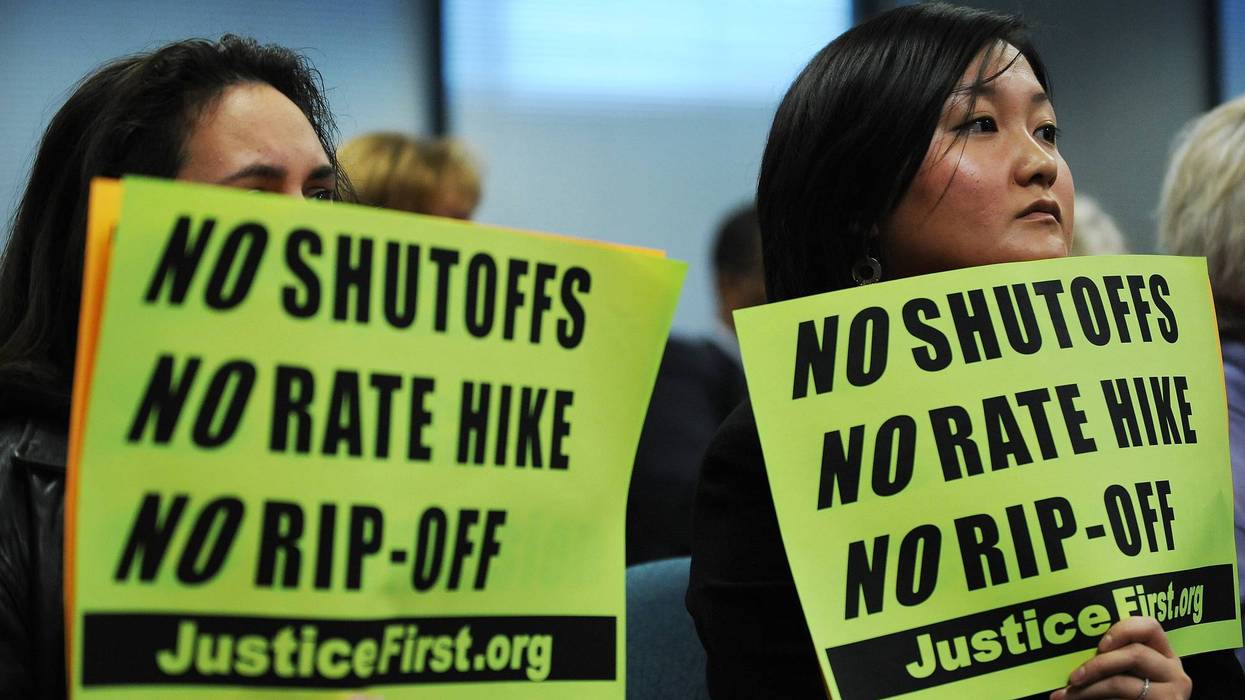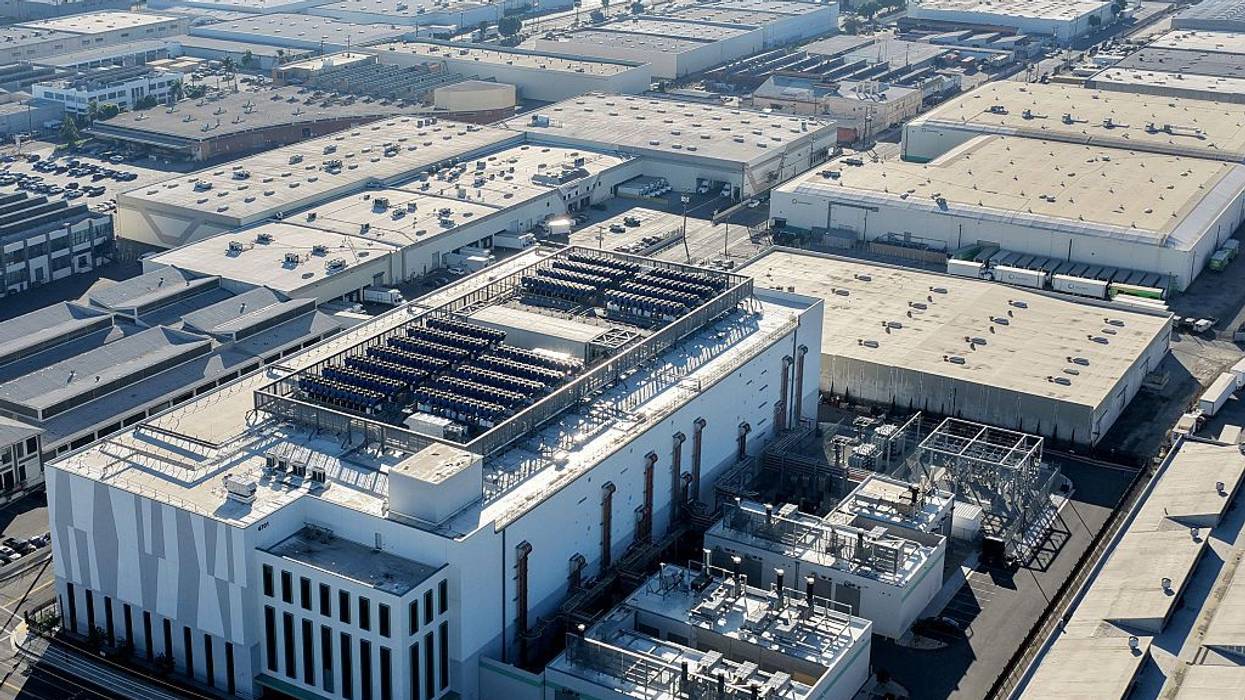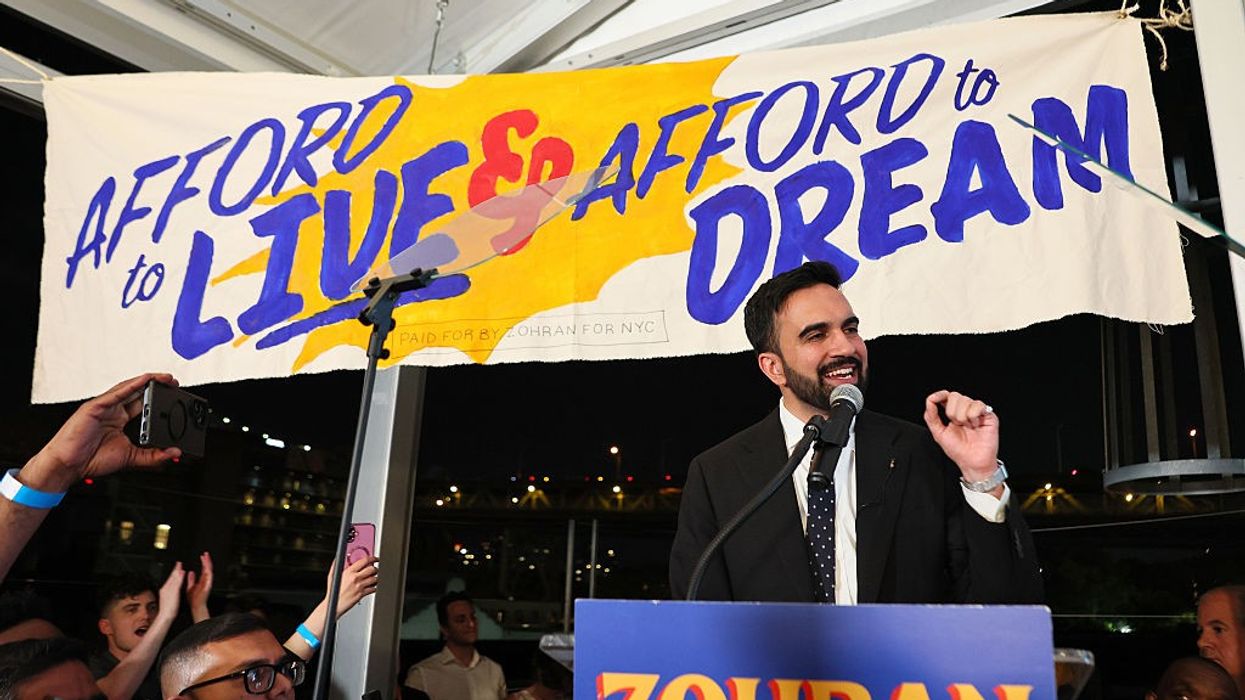Across these cities, the math is clear: When basic necessities like housing, childcare, and utility costs reach stratospheric levels, voters turn to leaders who offer solutions. These mayoral victories reflect the economic pressures impacting urban life and show why cost-of-living issues are now a defining feature of city politics.
Let’s take a look at how these four cities—New York, Boston, Oakland, and Chicago—stack up in terms of costs.
When a One-Bedroom Costs a Fortune
Across the US, if you’re renting a one‑bedroom apartment, you’re looking at spending about $1,495 a month as of October 2025.
But if you happen to live in one of the country’s pricier cities, that number skyrockets fast. In New York City, a simple one‑bedroom will set you back around $4,026 per month, almost three times the national average. Boston renters face similarly steep costs—one‑bedroom apartments in the city average about $3,455 per month. Over in Oakland, it’s about $2,090 per month, and Chicago clocks in at roughly $1,893 per month.
The point is clear: If you’re renting in America’s major cities, you’re paying beyond what most renters pay across the country, and that housing squeeze helps explain why affordability is a defining issue in urban politics right now.
When Daycare Drains Your Wallet
For parents juggling work and childcare, the national average cost of full-time daycare comes in at roughly $1,039 a month. In major cities where cost of living is high, that number climbs dramatically.
In New York City, center‑based care costs about $26,000 a year on average, which works out to about $2,167 per month. In Boston, families can expect rates around $2,856 per month for about 130 hours of care. In Oakland, the cost for full-day care for children above 36 months is approximately $2,600 per month in many centers. And in Chicago, estimates for full-day daycare center-based care hover in the ballpark of $2,300 per month.
It’s no surprise that voters in these cities are drawn to mayoral candidates who talk seriously about childcare. When daycare alone can eat up a significant portion of a family’s monthly budget, affordability quickly becomes a top political issue.
Basic Services Break the Budget
Nationally, households in the 50 largest metro areas spend about $310 a month on utilities (electricity, gas, heating, water). But in these cities, utility costs blow past the national average, adding another layer of financial pressure for residents.
In New York City, the average monthly utility bill comes in at roughly $571. Meanwhile, in Boston residents pay around $443 a month for utilities. In the Bay Area, the average bill in Oakland comes in at about $342 a month, which is lower than New York and Boston but still higher than in many parts of the country. Chicago households report average monthly utility bills of approximately $352.
Bottom line: If you live in one of those big‑city hubs, utility bills are another piece of the affordability puzzle that voters in these cities are increasingly factoring into who they elect to lead.
Affordability is the New Political Pulse
Rising prices are taking center stage in urban politics, affecting election outcomes and pointing to a growing trend in city governance. Mamdani’s upset in New York is already sending ripples across the country, giving a boost to candidates with progressive or democratic-socialist platforms.
In Minneapolis, state senator Omar Fateh, a progressive Democrat and longtime advocate for renter protections, ran for mayor on a platform focused on affordable housing and expanded public services. In Seattle, activist Katie Wilson, also aligned with the city’s progressive wing, is challenging incumbent Bruce Harrell, centering her campaign on housing, public transit, and the broader cost-of-living crunch.
And this trend isn’t just an American story:rising urban costs show up in political trends worldwide.
Consider Vienna, Austria. Mayor Michael Ludwig, a Social Democrat, has been at the helm since 2018, reinforcing the city’s storied social-housing tradition (which the New York Times called a “renter’s utopia”). Roughly 60% of residents live in subsidized or publicly-owned apartments, while the city continues to invest heavily in childcare and energy-efficient infrastructure. The result is a model of urban living where the cost of everyday life is more manageable.
Copenhagen, Denmark, under Mayor Sophie Hæstorp Andersen of the Social Democrats from 2021 to 2024, similarly emphasizes public housing, affordable early childhood education, and green-energy initiatives to keep city life manageable. And in Barcelona, Spain, Mayor Ada Colau of the leftist Barcelona en Comú party, led from 2015 to 2023, expanding affordable housing, rent controls, and social services.
The economy of the city is pretty much the politics of the city. Zohranomics is essentially urbanomics: the politics of affordability, writ large across city streets. In expensive urban areas, the numbers aren’t abstract, they’re votes. And as the pressures of urban life mount, politics increasingly follows the bottom line.




